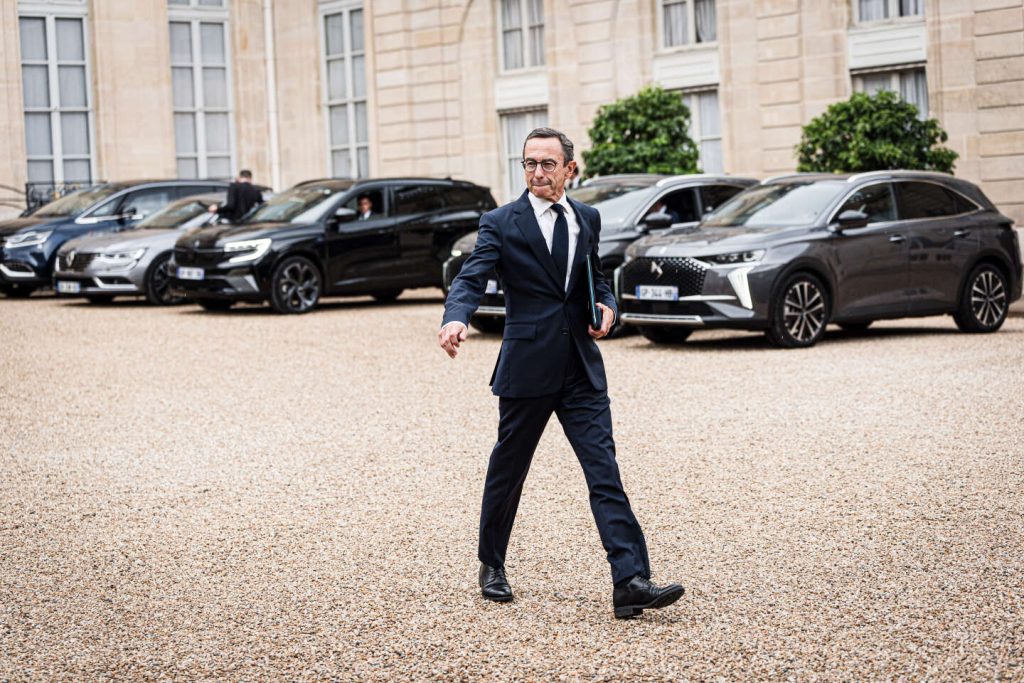Emilien Houard-Vial, a doctoral candidate in political science at the Center for European Studies at Sciences Po and a specialist in French right-wing politics, examines the relationship between Les Républicains (LR) and the Macronist bloc since Michel Barnier’s arrival at Matignon. He questions the discrepancy between the significant presence of LR members in Michel Barnier’s government and the party’s electoral weight, as LR came in fifth place in the aftermath of the legislative elections. Despite fluctuating between 4.5% and 8.5% in various elections since the 2019 European elections, LR has shown a level of resilience that may indicate a difficulty in gaining voter support as many individuals identifying as LR do not necessarily vote for the party.
There has been discourse regarding LR finding itself squeezed between Macron’s center-right and the far-right National Rally (RN), with the arrival of Michel Barnier at Matignon potentially changing the dynamics. In 2022, LR leaders feared being seen as mere supporters of Macronism, filling ministerial roles in exchange for their support. With the appointment of Michel Barnier, they can now demonstrate to their constituents that they have some influence over governmental policies. However, in reality, they are part of an implicit alliance with Macronists that relies on tacit support from the RN to avoid government censure. The presence of Bruno Retailleau as an internal guarantor for the RN suggests a shift towards a more right-wing stance in policy decisions.
The inclusion of LR personalities in the government under the LR label may signal a closer relationship between the Macronist bloc and the right-wing. However, there is no clear indication that LR and Macronists consider themselves part of the same bloc or that they must present a united front against Marine Le Pen in the 2027 presidential election. The right-wing will likely prioritize presenting their own candidate, even if victory seems unlikely. Additionally, there seems to be a slowdown in the momentum of the Macronist bloc, as seen in Emmanuel Macron’s significantly higher vote share compared to Valérie Pécresse in the 2022 presidential election and the favorable ratio in favor of the camp president in recent legislative elections. This shift in dynamics may make LR’s position less disadvantageous on paper.
Overall, the intricate relationship between LR, Macronists, and the RN continues to evolve, with the nomination of Michel Barnier at Matignon bringing new dimensions to the political landscape. While this move allows LR to assert their influence within the government and assure their base of their significance, there are underlying alliances and power dynamics at play that shape the decisions and strategic positions of these political factions. As the French political landscape navigates these dynamics, the question of unity, alliances, and electoral strategies will continue to shape the future of right-wing politics in France.


